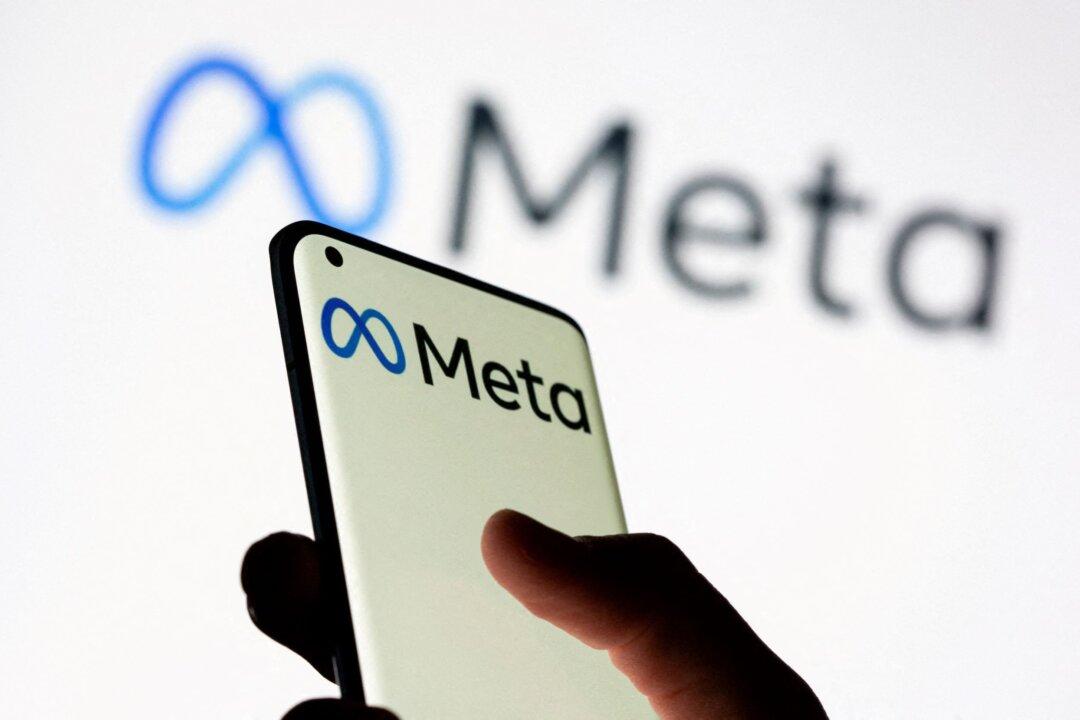An Alabama law firm has filed lawsuits in eight states against Meta Platforms alleging that Facebook and Instagram are defective and enable social media addiction.
“These platforms are designed to keep people engaged as much as possible,” said Beasley Allen attorney Joseph van Zandt. “The more time the user spends on the platform, the more money these companies make from advertisers. So, this product, in our view, is designed to be addictive.”





